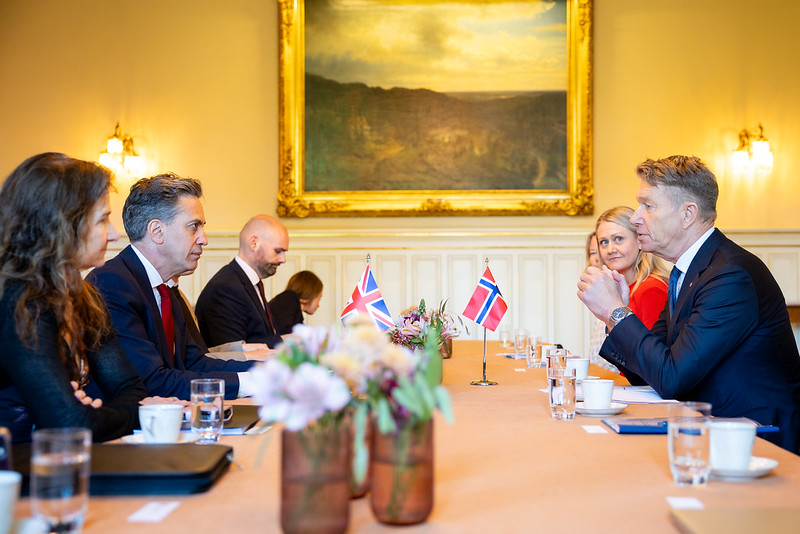A new package agreed between the UK and EU could see the UK participate in the EU’s electricity trading platforms.
The agreement covers, among other things, a UK-EU agreement to link emissions trading systems and energy cooperation. The closer cooperation agreement will, according the UK government, give clarity to industry to invest by putting the energy chapter of the Trade and Cooperation Agreement on a permanent footing.
As part of this, the two bodies will explore how the UK might participate in the EU’s electricity trading platforms. This would streamline electricity trading, which would likely lower bills on both sides of the Channel. Britain imported around 14% of its electricity in 2024, a record high, through power links with Belgium, Denmark, France and Norway.
The UK government also said it will maximise cooperation with the EU on clean energy technologies, including hydrogen, carbon capture usage and storage and decarbonised gases.
Responding to the announcement, president of National Grid Ventures Ben Wilson said: “We strongly welcome this clear commitment to improve how we trade and collaborate on energy with Europe.”
Interconnectors and European electricity
In May last year, ministers from Ireland, Belgium and the UK signed a joint statement to boost cooperation on offshore wind and interconnection. Increased connectivity between countries allows each to balance supply and demand to cope with the fluctuating nature of renewable generation.
In November, Ofgem approved the UK’s first Offshore Hybrid Assets (OHAs), which will transport electricity generated at offshore wind farms into both the UK and European electricity grids, as well as provide interconnector capacity at other times. By combining both interconnection and offshore wind connection into a single asset, community and environmental impact are reduced, as are costs.
One of those was the Nautilus project, connecting Belgian offshore wind generators to the British grid.
Partnerships with other nearby countries include a Green Industrial Partnership signed between the UK and Norway earlier this month. The deal encompasses numerous technologies and aspects of the energy transition. This includes the cross-border storage of carbon dioxide, collaboration on the protection of offshore wind infrastructure, and, of course, offshore wind and grid development.






